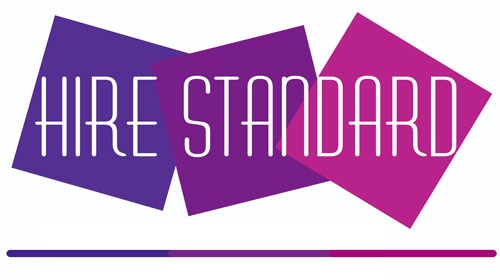According to a 2015 Gallup poll, more than half of iPhone owners said they couldn’t imagine living without the device. And, whether we admit it or not, many of us keep our phones within easy reach at work. In addition to phone and data, we use them for tasks like reminders, alarms, calculators, or planning our route to happy hour. So, it’s all good, right?
Some new evidence has surfaced to suggest our devices are actually stealing our intellect, negatively impacting our work productivity and damaging our bodies while we are staying connected. Several recent studies tracked brain focus and subsequent work product of people whose phones beeped or buzzed at work. The experiments showed that even when the subject did not answer the phone, reduced focus and lower-quality work resulted. A separate study in the Journal of Computer-Mediated Communication showed measurable blood pressure spikes in people who were unable to answer their phone—their pulse increased and problem-solving skills declined at that time. Interestingly, the subjects claimed they were not even aware of their phones or that the device had caused a distraction. Improvements resulted when the same subjects were instructed to leave their phones in locations they could not access while working.
The promise of an infinite supply of information and experiences is so appealing, it appears our brains are essentially captured by this allure whenever a smartphone is part of our environment. Individual employees and employers alike have for decades been assured that speedy access to data would make us smarter, more efficient, and would therefore be cost effective (a great way to sell more devices). Ironically, the reverse seems to be true. Various statistics – everything from university test scores to memory indicators to workplace performance indices—now suggest our device-dependency has weakened us, not helped us work more efficiently. Worst of all, a study done for Scientific American showed that when we obtain information from our device as a way to solve a problem at work, we believe we are more intelligent than we actually are. The only role our brain is playing in that scenario is sending the command to our fingers to access information using the keypad.
We don’t suggest going “cold turkey”, trying to advance your career by breaking up with your phone. But if your goal is learning, personal growth and recognition in your profession, pick up a newspaper, read a book, make notes on a piece of paper—then take a test to see what information you have retained. Actually study, research a topic, write an article, maybe even suggest improvements to your boss in a presentation you generated. Then retrieve your phone from the next room and text your friends about it.
And when it is time to find that next position, contact Hire Standard (info@hirestandard.com or 240-235-5065). We will be here, waiting to hear your stories of life in the off-line universe.
